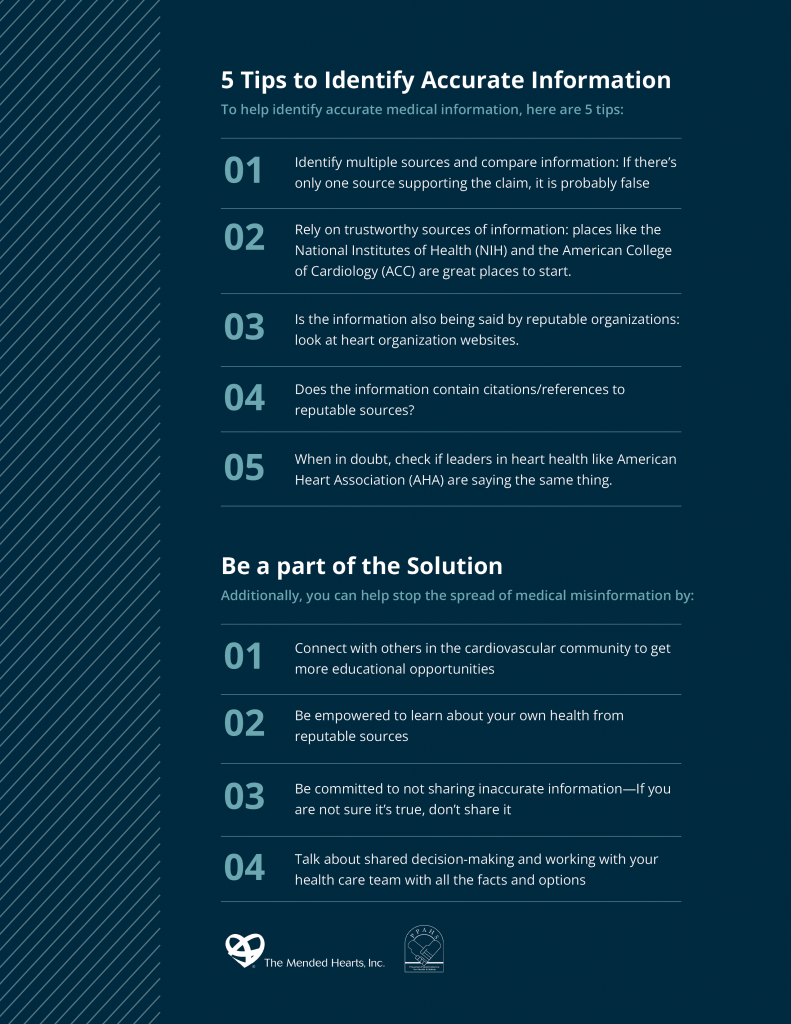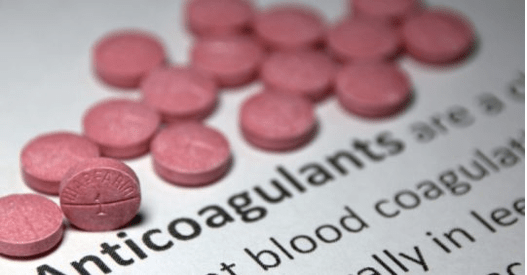Blood Clot Awareness Can Save a Life!
The month of March is blood clot awareness month. According to the CDC (Centers for Disease Control and Prevention):
Anyone can be affected by a blood clot regardless of age, gender, or race. This Blood Clot Awareness Month, learn the signs and symptoms of a blood clot and find free resources to share with friends, family, and colleagues to help raise awareness about blood clots.



